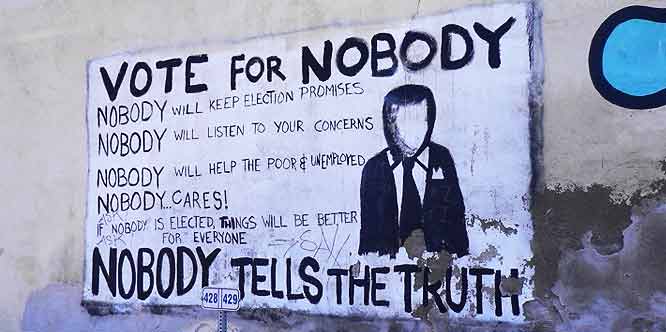CALL FOR MANUSCRIPTS
Teachers’ Voices in Today’s Schools—Why Are They Critical?
Deadline: October 15, 2008
Publication: March 2009
<a href=”Democracy & Education is seeking manuscripts that explore the role for teachers’ voices in today’s schools and classrooms, and as part of the larger conversation about education policy, democracy, and student achievement. Often teachers find themselves in a contradictory position of having knowledgeable “teacher voices” with their students, but having little say in how other aspects of education or in how people perceive their work. Manuscripts might address themes captured in the following questions:
What does it mean to be an activist teacher in a democratic tradition?
Has the role of teacher voice changed in the last century? If so, how?
How are school cultures set up to encourage (or discourage) teachers’ voices? Is there a cost associated with using your “teacher voice” outside the classroom?
How do teachers’ voices and student’s voices balance each other? What are models of collaborative conversation that involve student voices in the decision-making process? How do these models assist in the teaching and learning of democracy?
What is the role of technology in opening new avenues for expression of teachers’ voices (e.g., through blogs and “virtual communities”)?
How do teachers find time to talk and collaborate with other teachers? How can teachers bring their voices together to make change?
With national, state, and district mandates, where is there room for the teacher’s voice? What are examples of innovative ways that teachers have ensured their voices are heard?
We invite educators to explore these issues in theory (essay), to suggest pedagogical approaches (teacher file), or to share your own classroom experiences (reflection). To learn more about the categories for article submissions, or to submit a paper, please our submission guidelines at http://www.lclark.edu/org/journal/subguides.html. Feel free to forward this call for papers to any colleagues or peers that might be interested in submitting an article for consideration.
—
Hanna Neuschwander
Director of Publications
Lewis & Clark Graduate School of Education and Counseling
0615 SW Palatine Hill Rd. MSC 93
Portland, OR 97202
tel: (503) 768-6054
fax: (503) 768-6053

